Notes from Bruce
Good morning, Subscribers and Members! This is our first weekly Subscriber newsletter since moving to the new site and new membership model. In the future, these will only be available to Subscribers and Members, but I'm making this first one public on the site, so people considering signing up can see one of the perks they would receive.
In each Subscriber newsletter, there will be at least three sections:
- The most-read story of the past week, included in its entirety;
- A list of all the stories published that week, with an excerpt and link for each;
- A story from the archives that I think is worth sharing again.
I'm still fiddling with the content of this Subscriber / Member perk, so if you have ideas or feedback, please send it to Bruce@ForwardKY.com.
One other note: If you are a Subscriber who has considered upgrading to Member, now is the time! Our "Until Fancy Farm" discount will end in a week. Until then, you can become a Member for $7 a month instead of the normal $10, thus locking in a 30% discount ... forever! Click here to see all the extra perks that Members get, and to take advantage of the sale!
And finally: Normally, these Subscriber newsletters will be hidden on the site, so they will truly be a park for only Subscribers and Members. BUT, this first one is public, so please share with anyone that you think would value our work.
On to the newsletter,
Bruce
This Week's Stories


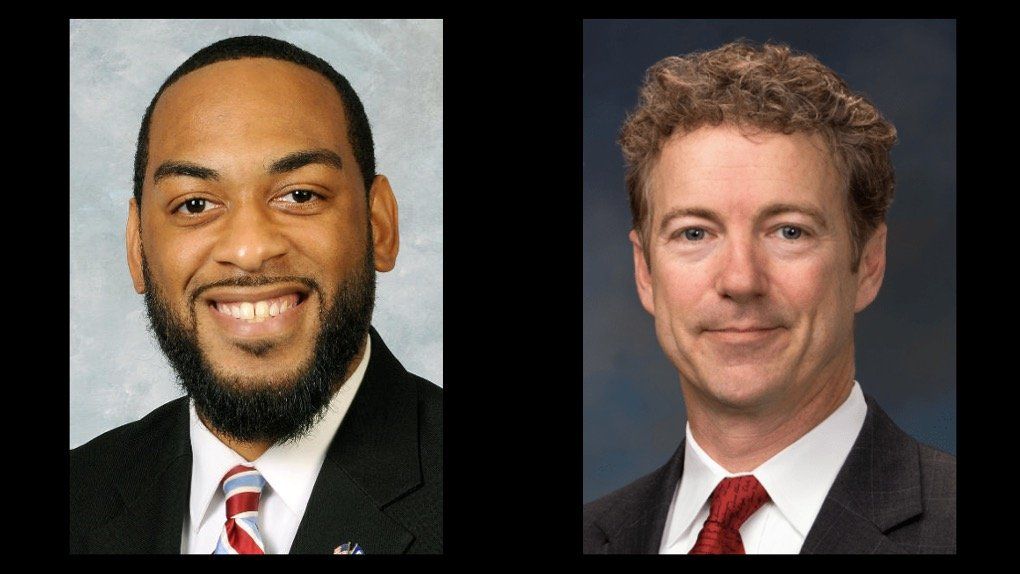
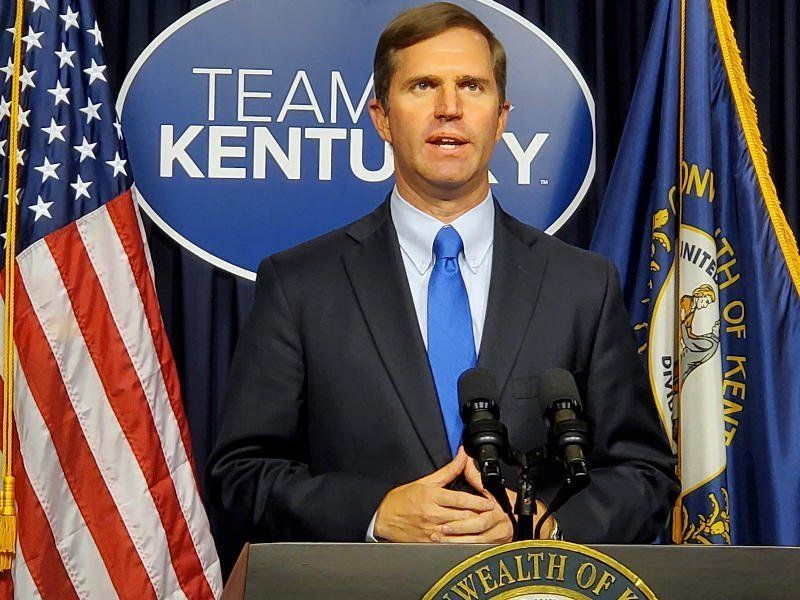
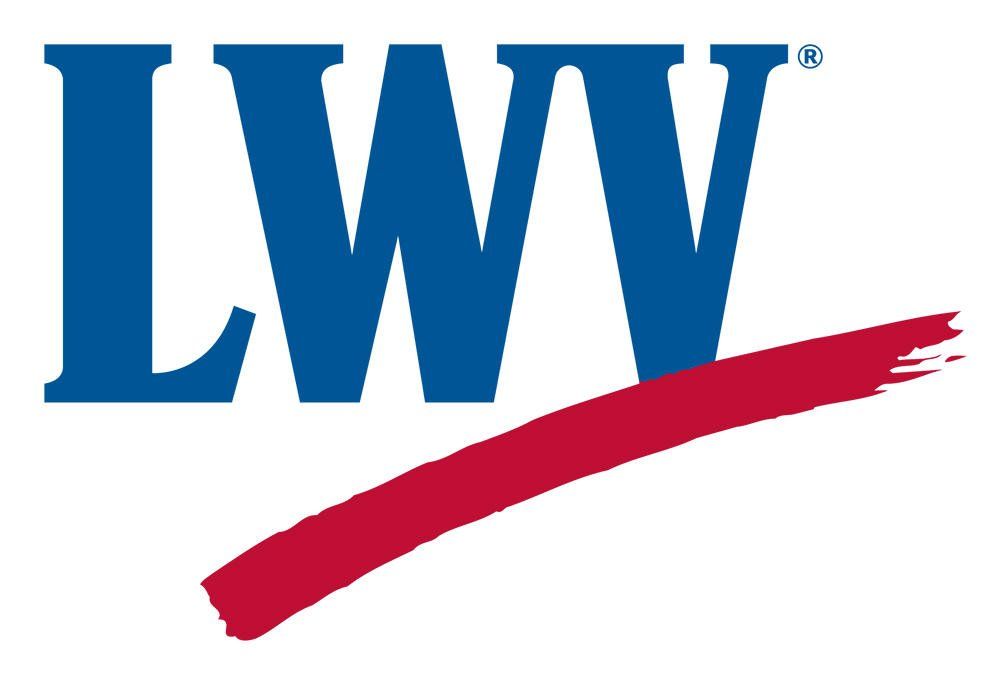
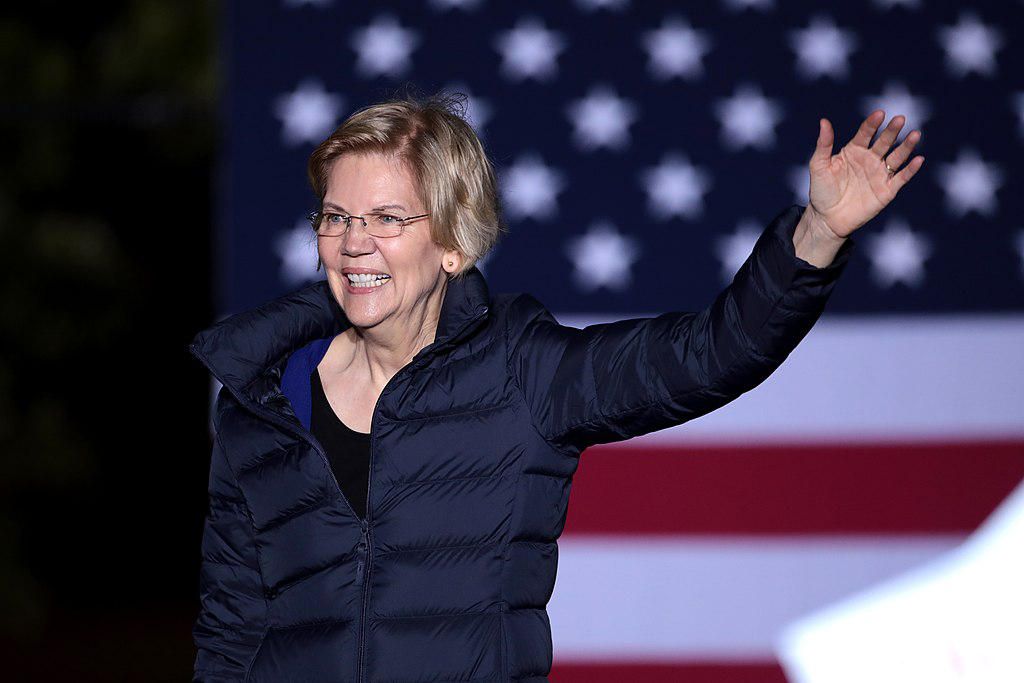
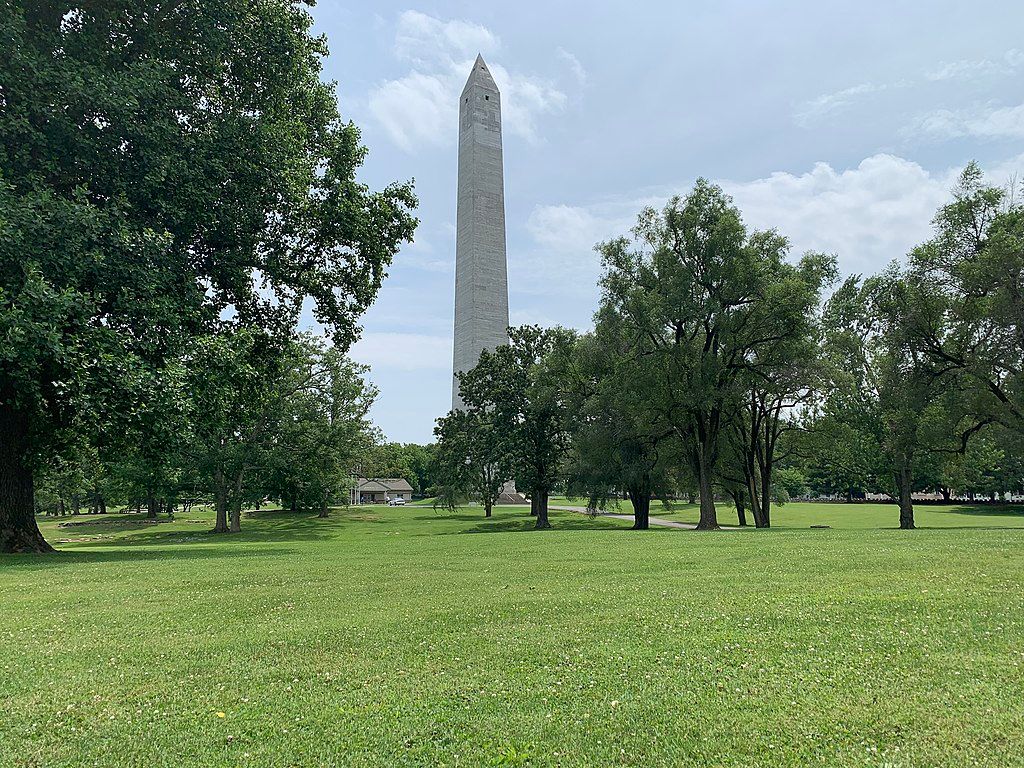
This week's most-read story
The four groups pushing the sham CRT controversy – and why
A graduate-level academic framework that virtually no one had heard of a year ago has now become a reason for new fights, new laws, and near-riots at school board meetings. Critical Race Theory, a "body of legal scholarship ... that seeks to critically examine U.S. law as it intersects with issues of race," has moved from the university classroom to talk radio and Fox News, and has become an emotional cause célèbre for the right-wing, as well as the subject of numerous proposed new laws in our state legislatures, including Kentucky.
But, who is behind this, exactly? Who are the groups raising so much sand about CRT, screaming about it being taught in their child's kindergarten classroom, and warning that actually discussing systemic racism in our schools will destroy our nation? And what can we do about it?
Before I list the four groups that are driving this movement, let's be clear about some things up front:
- Almost none of the people so upset about CRT could actually define it. All they know is the name, and whatever they have learned from the groups below.
- CRT itself is NOT being taught in any of our K-12 classrooms. As noted above, it is usually studied at the graduate level in college.
- Studies of race, racism, and systemic racism ARE being taught in some of our classrooms, and should be taught in all of them, as racial issues continue to be one of the key factors keeping us from living up to our ideals.
- And finally, as you listen to people get worked up about this topic, note two things:
- What they are angry about is a straw man, explicitly created by others to get them riled up.
- None of them will address the real issue: our ongoing unwillingness to look at our past and current issues with race and white privilege.
The four groups pushing the "Ban CRT" movement
Here are the four groups that I see behind the current uproar about CRT:
(1) Out-Loud Racists — This one is obvious. Racists of any kind (Proud Boys, American Identity Movement, KKK) realize that if racism is exposed for the cancer it is, their movements will be seen for what they are: hate groups. Keeping schools from teaching about race issues in America, past and present, allows them to spread their own message of white superiority to young people with no countervailing message. If I was a leader of one of these groups, I would do all I could to pass laws banning the discussion of race.
(2) Hidden or Subconscious Racists and White Privilege Beneficiaries — Sorry for the long name. A better name, but too trendy for my tastes, would be Un-Woke White Folks.
These are people who, if asked, will claim not to be racist. They will pay lip service to the idea of equality and diversity. But if confronted with such issues as white privilege or systemic racism, they will become emotionally triggered, angry that you would dare accuse them of being the recipient of privilege and deference only because of the color of their skin.
They will argue with you that there is no racism in America, or that the problem is overblown. They will say that talking about it in schools will make the problem worse. They will claim that differences in policing or banking or treatment in stores is the fault of "those people," and not of any white people, and certainly not any problem of theirs.
This is the largest of these four groups, and their influence is widespread. Becoming "woke," as it were, means confronting their own white privilege and admitting that our nation has a problem, and for many of them, this is a bridge too far.
(3)Politicians and Their Supporters and Collaborators — Again, this is one that is easy to see. Republicans, especially, know that much of their base falls into group 2 above, and so they know that talking about "those liberals are teaching that all whites are evil" will get their base riled up AND bring them to the polls in 2022.
As noted above, not one of these politicians or talk-show hosts could define the actual CRT field of study. That doesn't matter to them; it's a great buzz-word, with the word "racial" right in the middle of it. It is almost guaranteed to attract emotional attention from their base, and to make the politicians and pundits seem like "defenders of traditional American values."
And, it's a great fund-raising tool. "Send money now to stop the liberal takeover of your child's school" is sure to generate numerous donations, all in the name of "but the children!"
It is a cynical, despicable, destructive political ploy. They don't care. All they care about is winning the next election – no matter what it takes.
And let's not forget about their even-more-cynical use of a CRT straw man as they write legislation. We already have two bill proposals about public schools teaching children that "all white people are inherently racist." The bill proposals are so broadly and poorly written that they will make it impossible to have any meaningful discussions about race in America.
And, they will make teachers even more overworked, as they try to figure out just what they can and cannot teach. Which leads to the fourth group pushing this scam controversy.
(4) People trying to destroy public education. As hard as it might be to believe, there are people in our midst who want to shut down our public schools. We've covered this before in this post, so I won't go through all the reasons here.
But if your goal is to wreck the schools, what better way than to attack the schools once again, especially over a non-existent problem? Nothing like a made-up controversy to distract from real problems like funding and building maintenance and teacher shortages.
Think I'm exaggerating? Numerous stories have reported that as many as 1 in 4 teachers are considering leaving the profession this year.

And now, the CRT controversy has been added to the mix.
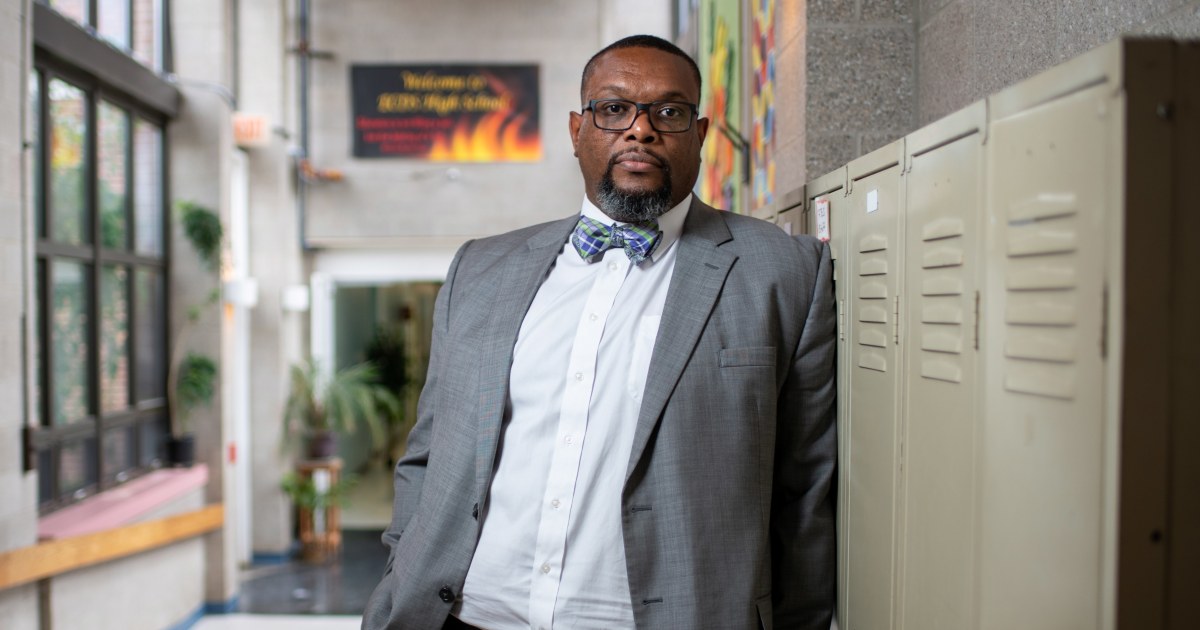
I have no doubt — none at all — that there are enemies of public education who see the CRT faux issue as a great way to put more pressure on both teachers and administrators. They are no doubt behind some of the social media posts, and they are no doubt giving donations to the politicians who are pushing the controversy.
So what can the rest of us do (and not do)?
First of all, don't try to argue with group #1, the racists. Live out your values of caring for all in front of them, and confront them if you must when they act out in public, but don't try to talk them out of their racism. They will have to come to that epiphany on their own.
For group #2, clear explanations of the facts involved may help. Again, confrontation and accusation will not help. Sharing your own story can be a powerful moment. Listening without judgement is also important. The reason the word "woke" gets used is it implies it is possible to awaken. The best way to wake someone up is not shouting or shaking; calmly repeated calls usually work better.
When it comes to group #3, however, calling out may be the only thing you can do. Contacting them probably won't make much difference, unless you can do it in very large numbers. Your best solution? Vote them out.
And the best way to deal with group #4 is to counter their attacks with your own support of your public schools. Show up at school board meetings to thank them for their work, and for their commitment to diversity. Encourage them to continue to challenge their students to think and explore. And if you are part of a group that will do so, draft a resolution calling on them to teach the whole history of our nation, and not just the "good" parts.
Above all, recommit yourself to your own growth and awareness. Stand for the marginalized and the ignored. And work to nominate and elect people who will be servants of all, and not just their donors.
--30--
From the archives
Backgrounder: Progressive vs Liberal
Are you a progressive? Or a liberal? What’s the difference, anyway?
And if libertarians usually vote for Republicans, why do they agree with Democrats on some issues? And is a neoliberal the same as a liberal?
In this post, we’re going to explore the question of “progressive vs liberal,” and give some background on each of these terms. (Thus the title.) By the time we’re through, we hope that you’ll be able to sort these out, and understand that your positions on government and political philosophy are more complex than just red and blue.
Let’s note from the outset that there is not space in a single blog post to cover these questions completely. Just looking at the articles in Wikipedia on each of these belief systems reveals pages and pages of material, with links to still more pages with more links to more pages, ad infinitum. (I’ve included links to these and other articles at the end of this Backgrounder, for those who want to dig deeper.)
Also note that there are not universally-accepted definitions for these terms, as they are what W.B. Gallie called contested concepts: “… concepts the proper use of which inevitably involves endless disputes about their proper uses on the part of their users.” (Hat tip to Politics USA for the Gallie reference.)
With those caveats in mind, let’s dig into the terms and their backgrounds, and see if we can find some information that we can use in today’s discussions, advocacy, and policy work.
Classical Liberalism
Classical liberalism was the philosophical underpinning of much of the thinking of the founders of this country, and is based on the work of John Locke and others. It emphasized the natural rights of every person and a number of essential freedoms (speech, press, and so on), and taught that legitimate government rested on a contract between citizens and government (“consent of the governed”). The resulting system of government should be either a pure democracy or a representative democracy, based on the rule of law and not of power.
Classical liberalism carried this emphasis on individual freedom into economic theory, believing that free individuals and free markets were the most effective and efficient economic design (a la Adam Smith). Thus, they did not support economic assistance for the poor, as it interfered in the free market. They wanted small government, both to protect individual freedoms and again not to interfere in the marketplace.
Social Liberalism
Social liberalism arose in response to the Industrial Revolution and the strains on society caused by that shift. The growing urbanism and accompanying poverty and injustice, plus the dependence of the working class on the managers and owners of the businesses and factories, led to a growing belief that the government had a duty to keep the negative effects of this new economy in check, and to address such issues as poverty, health care, worker safety, and education.
Here is a quote from SocialLiberal.net that does a good job of summarizing these two types of liberalism:
Sometime in the late nineteenth century, liberalism began to divide into two different streams. One stream, which came to be called ‘classical liberalism’, confined liberalism’s ambitions to establishing a robust framework to protect individuals from a rapacious and power-hungry state. It aimed to control the size of the state, especially its military expenditure, and to promote international free trade, both for its own sake and as a way to encourage peace. Its ideal was a state that left us alone to get on with our lives. It valued political freedoms – especially of speech and of belief – but also tended to see property rights in themselves as an important bulwark against oppression.
Some classical liberals shaded into what ought to be called libertarianism rather than liberalism. They came to view property rights as natural rights existing outside the framework of the state, so that the state may not even redefine property rights without committing a wrong.
The other stream, which has come to be called ‘social liberalism’ (but which might better be called ‘social justice liberalism’), also valued political freedom, also thought that the state should as far as possible leave us alone to make our own decisions on how to live our lives, also opposed militarism and also believed that international free trade was a way to preserve peace, but it believed in addition that liberalism required a commitment to a fair distribution of wealth and power, which in turn led to support for redistributive taxation and public services as ways of fairly distributing wealth and for democracy as a way of fairly distributing power.
American Progressivism
Interestingly, American Progressivism also arose around the end of the nineteenth century and early twentieth, but unlike social liberalism, progressives were less interested in redistribution and more interested in protection and prevention. They were concerned with growing economic inequality (think Gilded Age), lack of regulations of corporations, the growing problem of powerful monopolies, and the abuse of workers and workers rights.
Progressives wanted the government to use its power to control the excesses of the modern industrial society, and to protect the common good against destruction for profit. A leading progressive in the early 20th century was Teddy Roosevelt.
Liberals vs Progressives: Some Contrasts
Here are some quotes from an article by the Secular Jurist that draw some striking and mostly accurate contrasts between liberals and progressives:
Essentially, liberalism is antithetical to aristocracy and authoritarianism while progressivism is antithetical towards plutocracy and corporatism.
Liberals are more concerned over a wider range of issues including human rights, civil rights, sexual equality, healthcare, public education, social services, immigration reform, poverty, international peace, environmentalism, the separation of church and state, domestic violence and gun control, voting rights, prison reform, constitutional protections for individuals, and the eminence of the Fourth Estate.
Progressives are more oriented towards economic issues, and see income inequality as the greatest threat to the nation. They support collective bargaining, workers’ rights, labor empowerment, progressive taxation, small business entrepreneurship, and domestic production. They oppose industrial monopolies, corporate consolidation, deregulation, money in politics, globalization, outsourcing, off-shoring, and the omnipotence of big banks and multinational interests.
What about NeoLiberals?
If you were struck by the earlier description of classical liberalism and thought, “That sounds like some positions I still hear today,” you would be right. In reaction to both social liberalism and progressivism, there has arisen a new form of classical liberalism that sounds very much like libertarians and conservatives, called neoliberalism.
Based on the classical liberal stance of the smallest government possible, the neoliberal movement received its economic underpinnings from Hayek, Friedman, and the Chicago School. Essentially, it starts with the idea that government intervention in the economy is a bad idea, and that unfettered capitalism cures all ills. Therefore, neoliberals support “extensive economic liberalization policies such as privatization, fiscal austerity, deregulation, free trade, and reductions in government spending in order to enhance the role of the private sector in the economy.” In other words, the standard platform of every Republican in America today.
Economic Liberals vs Economic Progressives
David Sirota, in an article for AlterNet, drew a distinction between economic liberals and economic progressives that I think is useful:
Economic liberalism has typically focused on using the government’s treasury as a means to ends, whether those ends are better healthcare (Medicare/Medicaid), stronger job growth (tax credits) or more robust export businesses (corporate subsidies). The idea is that taxpayer dollars can help individuals afford bare necessities and entice institutions to support the common good.
Economic progressivism, by contrast, has historically trumpeted the government fiat as the best instrument of social change — think food safety, minimum wage and labor laws, and also post-Depression financial rules and enforcement agencies. Progressivism’s central theory is that government, as the nation’s supreme authority, can set parameters channeling capitalism’s profit motive into societal priorities — and preventing that profit motive from spinning out of control.”
While I think this is something of an oversimplification, it can be useful when considering policy responses. Take, for example, the effects of air pollution on the health of citizens. The “economic liberal” response would be for the government to reimburse the citizens for their lost productivity, based perhaps on extra taxes charged to the businesses that pollute. The “economic progressive” response would be for the government to fine the business, and ultimately to shutter it if necessary, in order to protect the health of its citizens.
“Socially Liberal vs Fiscally Conservative”
This platitude, often heard in discussions about politics, typically means one of two things:
- I support the liberal positions on certain social issues, such as gay rights, but I don’t support using government funds to help people, especially if it means my taxes will go up.
- I don’t care what other people do; just leave my wallet alone.
Persons who are truly concerned about social justice issues (the first statement) can sometimes be brought into coalitions around those issues, and in fact may support liberal candidates in order to see policies enacted or continued that address those issues.
Persons who are solely focused on taxes, though, will hardly ever support either liberals or progressives, because in the end taxes may go up or jobs may be effected.
You’ll note, having read this article, that those persons who say they are “socially liberal but fiscally conservative” are not actual Social Liberals.
Can You Be Liberal But Not Progressive?
If by “liberal” you mean the positions of the Classical Liberals, then most certainly. You can espouse freedoms and rights for individuals, celebrate the protections of the rule of law, and stand up for human and civil rights. The dividing line, typically, will be your response to the excesses of capitalism, and your opinion of the Neoliberal positions, as Neoliberalism and Progressivism are usually opposed.
Some liberal issues, though, ultimately demand a progressive response as well. It is all very well and good to practice “live and let live” as your personal philosophy – but when a gay person has been fired simply for being gay, helping them find another job isn’t enough. We need regulations and laws to make sure that that injustice doesn’t happen again. When a company pollutes the environment, it is good that we do things for the victims – but we also need to stop the pollution.
If we can build a liberal society with a progressive government, such that progress is supported while rights are protected, then we are headed in the right direction.
Selected Links for Further Reading
Wikipedia Articles
Other Articles
- David Sirota on economic liberals vs economic progressives
- The Secular Jurist on the differences between liberals and progressives
- Politics USA on the differences between liberals and progressives
- Article on Social Liberalism
--30--









